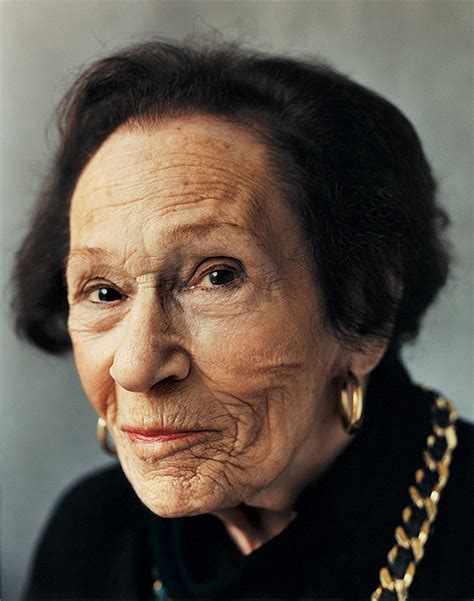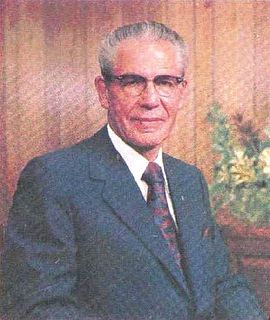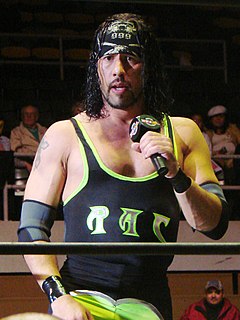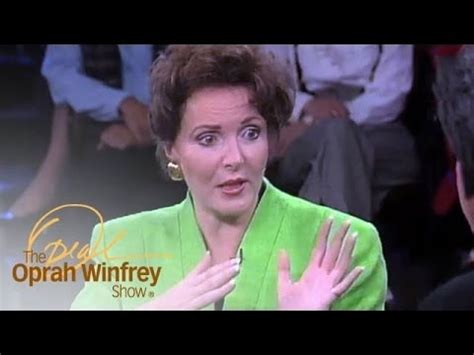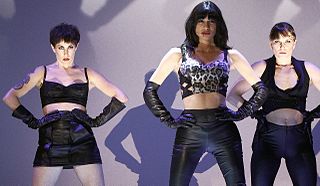A Quote by Maxine Greene
At the very least, participatory involvement with the many forms of art can enable us to see more in our experience, to hear more on normally unheard frequencies, to become conscious of what daily routines have obscured, what habit and convention have suppressed.
Related Quotes
Nowadays, mindfulness has become a catch-all word, but the general principle of trying to be more conscious and aware in our daily life is very important. Along with this, it's helpful to contemplate some of the mind training verses which are designed to take and transform all of the problems we experience.
We can't suddenly quit a job and then race to find a form of art that will pay off before the next mortgage payment is due. Creating art is a habit, one that we practice daily or hourly until we get good at it … Art isn’t about the rush of victory that comes from being picked. Nor does it involve compliance. Art in the post-industrial age is a lifelong habit, a stepwise process that incrementally allows us to create more art.
An entertainment is something which distracts us or diverts us from the routine of daily life. It makes us for the time being forget our cares and worries; it interrupts our conscious thoughts and habits, rests our nerves and minds, though it may incidentally exhaust our bodies. Art, on the other hand, though it may divert us from the normal routine of our existence, causes us in some way or other to become conscious of that existence.
We just get comfortable in our routines, and that's how it worked before, but now you can see wrestling from around the world and all the promotions, and everyone has something online you could see. And many years ago, you could do these routines, and they weren't routines to the fans because they didn't see them as much.
Our task is not to find the maximum amount of content in a work of art, mush less to squeeze more content out of the work than is already there. Our task is to cut back on content so we can see the thing at all. The aim of all commentary on art now should be to make works of art - and, by analogy, our own experience - more, rather than less, real to us.
The mind is very wild. The human experience is full of unpredictability and paradox, joys and sorrows, successes and failures. We can't escape any of these experiences in the vast terrain of our existence. It is part of what makes life grand-and it is also why our minds take us on such a crazy ride. If we can train ourselves through meditation to be more open and more accepting toward the wild arc of our experience, if we can lean into the difficulties of life and the ride of our minds, we can become more settled and relaxed amid whatever life brings us.
Many of us incorrectly assume that a spiritual life begins when we change what we normally do in our daily life. We feel we must change our job, our living situation, our relationship, our address, our diet, or our clothes before we can truly begin a spiritual practice. And yet it is not the act but the awareness, the vitality, and the kindness we bring to our work that allows it to become sacred.
